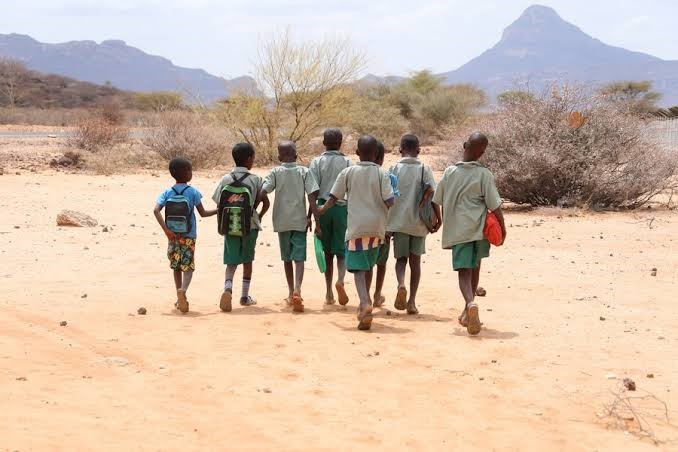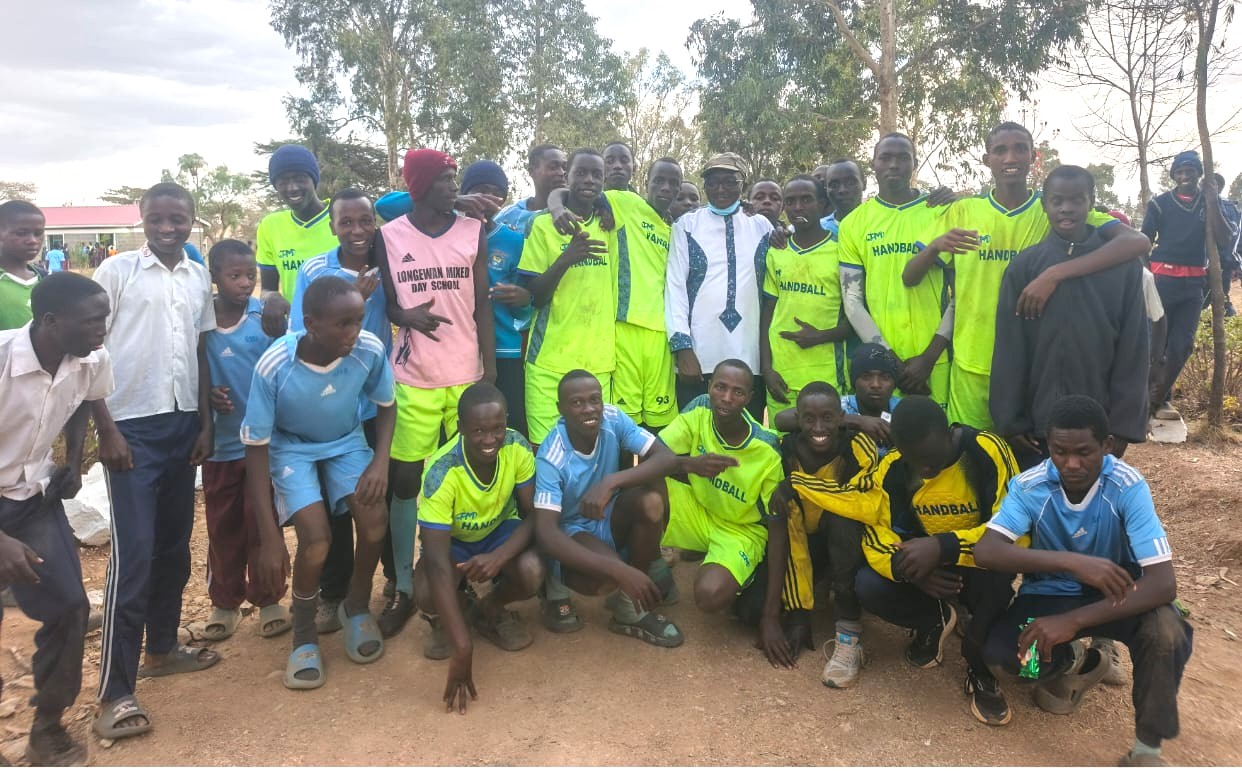In arid and semi-arid areas, children born at home are paying the price of missing birth certificates, with teachers, parents, and leaders warning that dreams risk being cut short by bureaucracy.
On a chilly morning in arid areas, which are remote, a group of children in faded school uniforms gather outside a small classroom. Their chatter is cheerful, but behind their smiles lies a quiet struggle — many of them do not possess the one document that could determine whether they ever sit their national assessments: a birth certificate.
For years, families in these rugged, hilly landscapes have delivered their children at home, attended by relatives or traditional birth attendants. It was the natural way, but it came with an unseen cost. Without a hospital-issued notification, registering a child’s birth becomes a maze of affidavits, letters from chiefs, and long journeys to Huduma centers and government offices miles away.
“Most of our learners were born at home, and that is where the problem begins,” says a teacher in North Pokot who sought anonymity. “When the time comes for KJSEA or KPSEA registration, we discover that some of the pupils have no birth certificates. Parents then scramble, but by that time it is often too late.”
ALSO READ:
MMUST to host East Africa varsity soccer, basketball championship
The issue is not just whispered in classrooms. The area MP, Dr. Titus Lotee, has openly testified that a good number of children in North Pokot remain disadvantaged because they were never officially documented at birth. His concern echoes what every parent here knows: without a birth certificate, doors to national assessments, overseas travel, scholarships, transfers, the Social Health Authority (SHA), and other critical government services remain firmly shut.
The challenge has grown worse with the government’s shift from the National Education Management Information System (NEMIS) to the new Kenya Education Management Information System (KEMIS). Schools now find it even harder to secure government capitation for learners without birth certificates, since the system requires every child to be uniquely registered. “We have bright learners missing out on government support simply because their details cannot be entered in KEMIS,” the teacher adds.
Recent data shows that of about 32,000 public primary and secondary schools in Kenya, only 3,000 schools (roughly 9%) have received capitation funds for the third term, after their enrolment data was verified. That means 29,000 schools are still waiting for the funds — due largely to verification delays, data mismatches, and missing birth certificate/UPI requirements have struck names of learners out of the KEMIS system
The burden falls heaviest on families. Mary, a mother of four, shares her frustration: “I gave birth to my first three children here at home. When the teacher told me they needed birth certificates, I felt helpless. The office is far, and the money for transport, I did not have. My daughter almost missed her KPSEA because of this paper.”
ALSO READ:
Leadership by proximity: Laipikia’s Ngarendare Junior head teacher shares staffroom with teachers
For learners, the consequences are heartbreaking. John , a Class Seven pupil, says quietly: “I want to be a doctor. But my teacher told me if I don’t have a certificate, I cannot do KJSEA. I told my mother, and she cried.”
And yet, solutions have begun to appear. In some schools, PTAs and teachers have taken the lead by compiling lists of unregistered learners and inviting county registrars for mobile registration clinics. On such days, classrooms turn into makeshift offices, with parents lining up to fill out forms while officials stamp papers. For many children, it is the first step towards reclaiming a future they almost lost.
Community radios, too, have played a part, broadcasting simple messages in Pokot language: “Registration is free. Bring your documents. Do not let your child miss their exams.” Churches and local NGOs are stepping in to help parents cover affidavit costs or provide transport for those from the furthest villages.
But beyond these efforts lies the need for a bigger, lasting solution. Regular county outreach, aligned with school calendars, could ensure no child is left behind. Digitized systems would cut down the endless paper-chasing. And above all, political leaders, schools, and communities must keep pushing the message that a birth certificate is not just a piece of paper — it is the foundation of a child’s identity and a passport to opportunity.
ALSO READ:
Trans Nzoia’s Elimu Bursary Fund hailed, thousands benefit as drive enters final phase
In North Pokot, the stakes are clear. As Samuel Krop, another teacher, puts it: “We can teach these children all the subjects, but if they lack a birth certificate, the system locks them out of KJSEA, KPSEA, KCSE, SHA, government capitation, and even scholarships. It is painful to see bright children lose hope for something they cannot control.”
Or as one mother summed it up during a parents’ meeting: “My son is bright. He dreams of being a teacher. But without this certificate, his dream may die before it begins.”
No child should have to carry such a burden. Whether born in a hospital or in the quiet of a homestead, every learner deserves recognition — and the chance to write their future, not be erased by paperwork they never chose to miss.
The government in itself has credible officers, paid by taxpayers ranging from teachers, area chiefs and even other wings that can enable it have all the reliable data it so wishes to have.
By Hillary Muhalya
You can also follow our social media pages on Twitter: Education News KE and Facebook: Education News Newspaper for timely updates.
>>> Click here to stay up-to-date with trending regional stories
>>> Click here to read more informed opinions on the country’s education landscape






